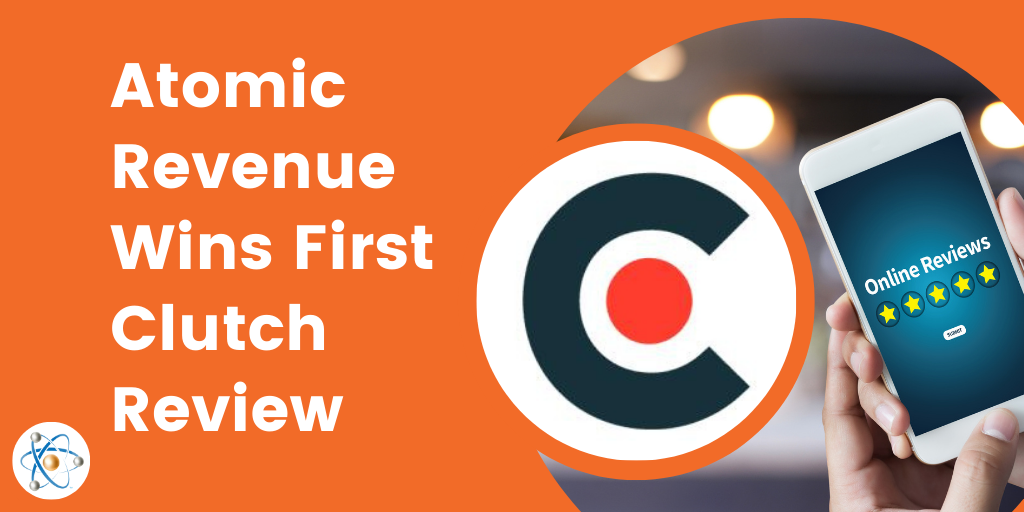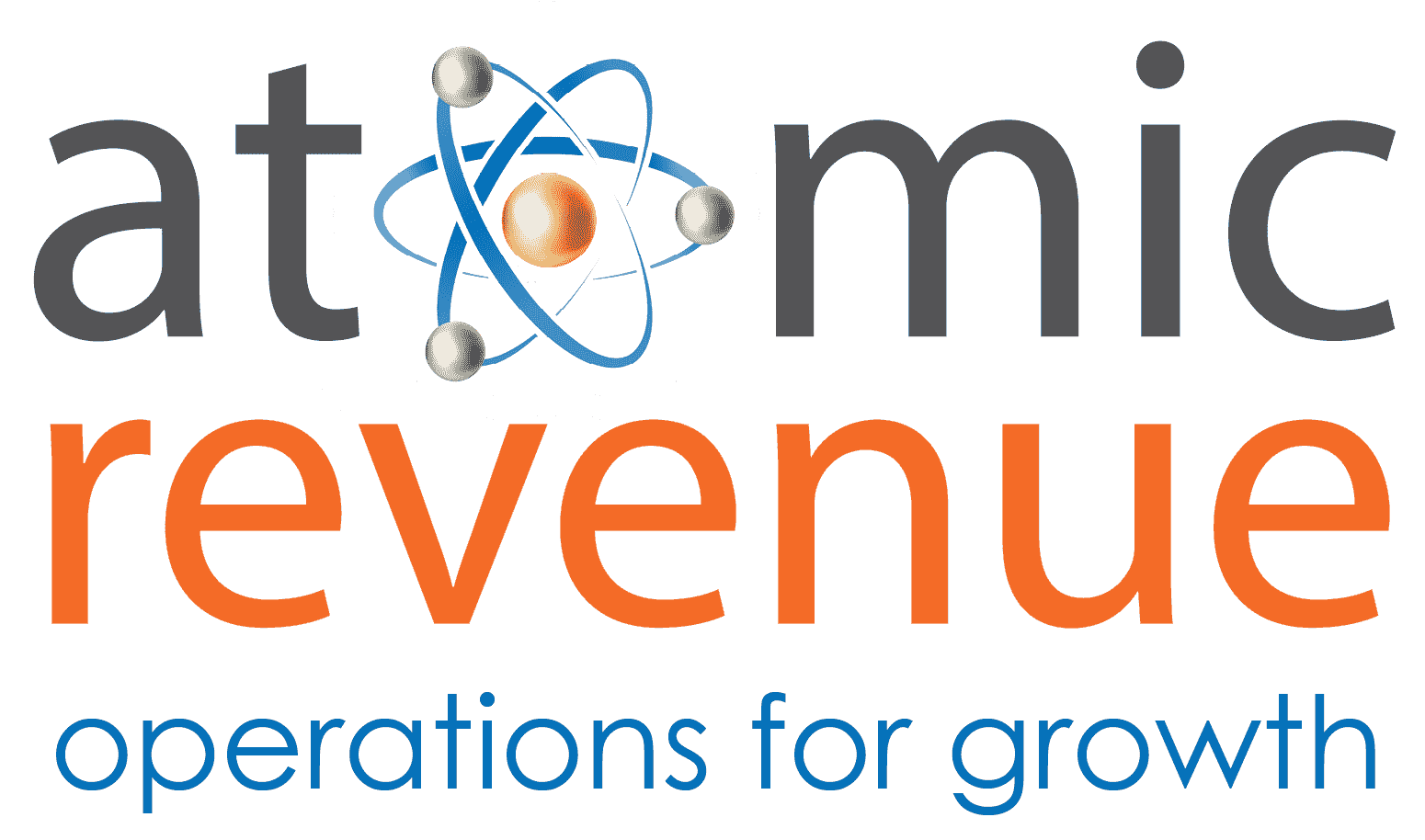Understanding and adopting the latest digital trends will help you stay competitive in an ever-changing business landscape and improve profitability. So, what are the digital trends for 2022 that really matter? Which digital trends will help grow that bottom line? Which ones are trendy and which ones are must-haves? I've found 7 that support B2B revops and are my MUSTS for the year.
January 1, 2022: Atomic Revenue is excited to announce the official opening of Atomic Revenue West – a Denver, Colorado, collaboration center, or “collaboratorium”, led by Scott Sinning, Profitability Practice Leader and Executive Partner.
When your B2B company provides value to its customers and they reward you by remaining loyal and referring others, you increase the value of your business. That’s why you got into business in the first place, right? Now, the hard question – do you know the valuation of your company today and how to increase that valuation year-over-year until you’re ready to exit? Most business owners feel they know the answer to this, but when it’s time to start exiting, they’re unpleasantly surprised.
Atomic Revenue is pleased to announce Scott Sinning as Profitability Practice Leader and Executive Partner. Scott has served on the Advisory Board and provided strategic insight to Atomic Revenue and select clients for the past two years. Now, after retiring from an impressive 33-year career at Graybar®, he joins our team to assist clients with Revenue Operations Solutions.
Most of us grew up learning the Golden Rule in life – "do unto others as you would have them do unto you.” When it comes to building and sustaining a successful brand, the thought is the same. Your brand strategy should focus on your audience and how they feel you are treating them, that you are there to help them. Much the same way you want to be cared for when you hire a company or buy a product.
Types of B2B Market Segmentation: Why Segmenting Helps Grow Revenue
Market segmentation is a pretty well-known exercise for marketing and selling B2C products and services. It involves categorizing your market by characteristics and building one or more strategies to connect with your audience based on certain traits. But what about B2B market segmentation?
This award recognizes the incredible contributions and expertise Steph brings to not only Atomic Revenue, but also to the profitable growth of national and regional companies.
Every year, with its “40 Under 40 Awards,” the St. Louis Business Journal recognizes young, local influencers celebrated for their ingenuity, leadership ability, and contributions to St. Louis area business and beyond.
How Atomic Revenue Launched My Career: From Unfocused to Thriving
When I was introduced to Founder and CEO, Tara Kinney, and Chief Revenue Officer (CRO), Steph Hermanson, I was in the same place a lot of people find themselves today… working several different jobs and marketing side gigs while finishing up school, all with a pile of student loans, debts, and no real direction as to where I was going with my career.
Do You Need a Fractional Executive or Fractional Management?
Companies of all sizes – from regional business startups to worldwide Fortune 100 companies – are increasingly hiring fractional executives and fractional management. The many advantages have become clear, including depth and breadth of executive expertise, an objective perspective, and a measurable, faster return on investment.
A strong B2B go-to-market strategy must have messaging elements like target market and competitive differentiation, brand strategy, and supporting digital operations elements, such as websites. Integrating branding with effective, customer-friendly web design is a key step in making an impression and being memorable among website visitors and potential customers. Consistency and creativity are essential to creating an effective go-to-market strategy and a recognizable brand with a powerful digital footprint and do it well.














